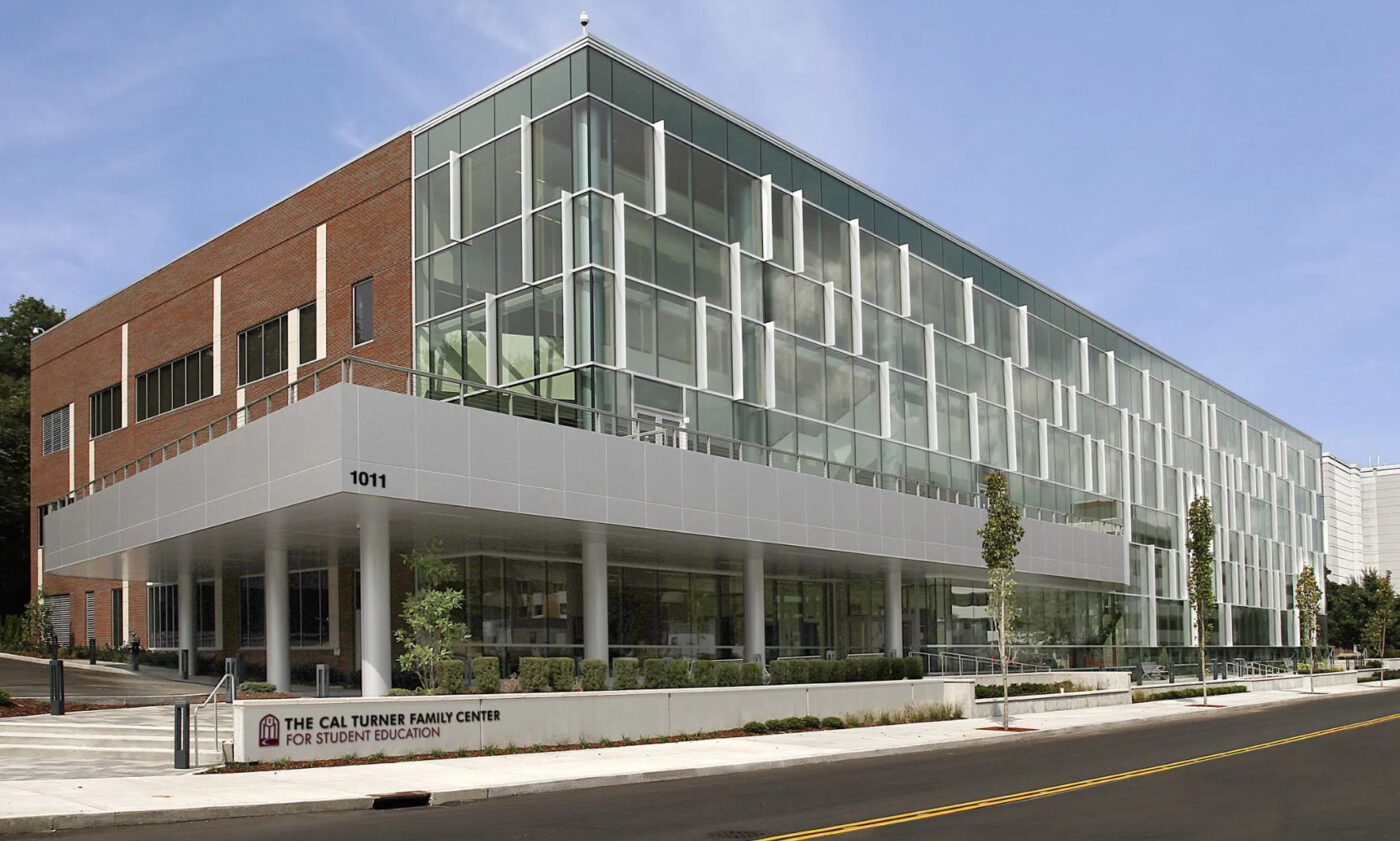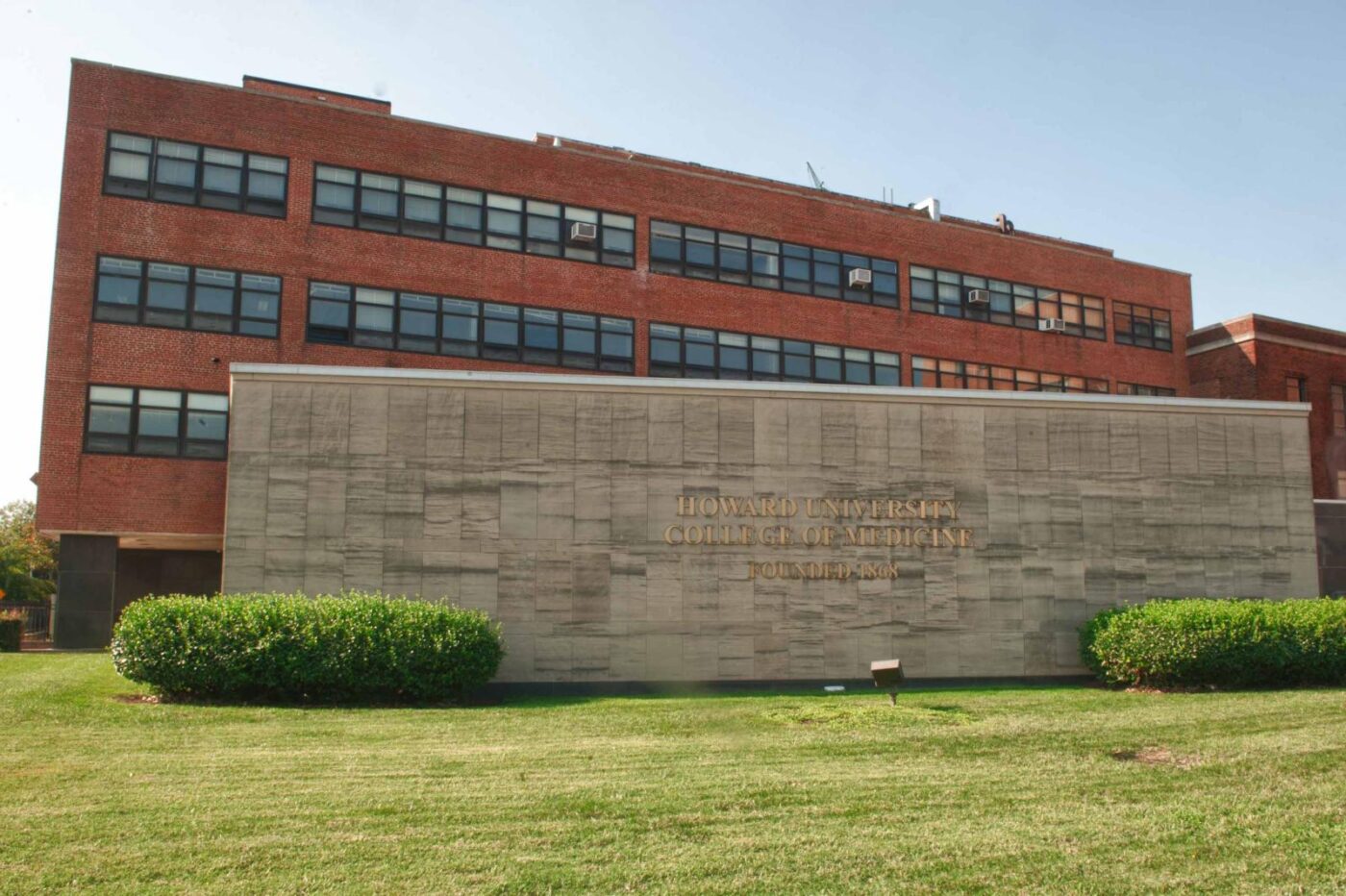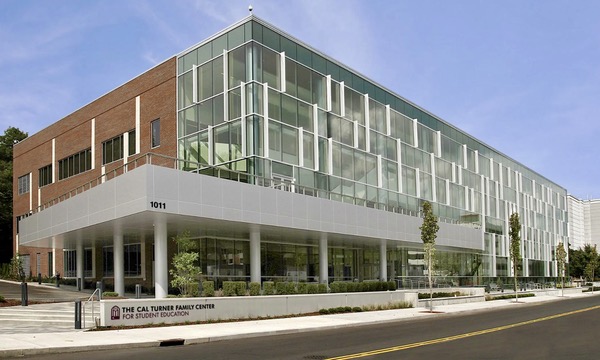For aspiring physicians seeking a rich academic experience combined with a strong commitment to underserved communities, Historically Black Colleges and Universities (HBCUs) offering medical degrees deserve dedicated attention. These institutions boast a legacy of excellence in medical education, nurturing diverse and impactful healthcare professionals. This guide delves into the landscape of HBCU medical schools in 2024, providing prospective students with essential information and insights to navigate their journeys.
A Historical Overview of HBCU Medical Schools
While currently, only four accredited HBCU medical schools stand proudly in the United States, their story stretches back far earlier, a testament to the unwavering pursuit of medical education for Black students in the face of immense adversity. In the late 19th century, amidst racial segregation and discriminatory practices, Howard University established its College of Medicine in 1868, becoming the first HBCU medical school in the nation.
This pioneering institution paved the way for Meharry Medical College in 1876, which quickly gained renown for its innovative clinical training and dedication to serving rural communities. Morehouse School of Medicine followed in 1975, fulfilling a critical need for Black physicians in the South. Throughout the 20th century, these HBCU medical schools championed access to medical education for underrepresented students, graduating thousands of talented physicians who became pillars of their communities and leaders in healthcare equity.
However, the path wasn’t without its challenges. Funding shortfalls, limited resources, and persistent societal biases presented constant obstacles. Despite these hurdles, the resilience and unwavering commitment of these institutions ensured their continued success.
Today, HBCU medical schools consistently rank among the most diverse medical schools in the country, boasting a high percentage of Black students enrolled (ranging from 40% to 80%). They continue to play a vital role in closing the healthcare gap and addressing the disparities faced by underserved communities.
This rich historical context underscores the significance of HBCU medical schools in the landscape of American medicine. Their enduring legacies inspire us to appreciate their tireless efforts, celebrate their achievements, and recognize their immense contribution to shaping a more equitable future for healthcare.
Next, we will delve into the present-day landscape of HBCU medical schools in 2024, exploring their unique programs, admission statistics, and resources available to guide you on your journey toward becoming a future leader in healthcare.
HBCU Medical Schools: A Legacy of Commitment and Achievement
While only four accredited HBCU medical schools operate in the United States, their impact surpasses their number. These institutions, namely Meharry Medical College (MMC), Howard University College of Medicine (HUCOM), Morehouse School of Medicine (MSM), and Charles R. Drew University of Medicine and Science (CDU), have educated generations of talented physicians who have significantly shaped healthcare equity and access.
A focus on serving underserved communities:
HBCU medical schools prioritize training future doctors to address health disparities and provide culturally competent care to diverse populations.
Strong emphasis on community engagement
Students actively participate in community outreach programs, gaining invaluable firsthand experience and fostering deeper connections with the patient populations they will serve.
Supportive and nurturing environment
Smaller class sizes and dedicated faculty mentorship create a close-knit community where students receive personalized guidance and support throughout their medical education.
Rich history and cultural pride
HBCU medical schools celebrate their unique heritage and legacy, fostering a sense of belonging and shared purpose among students and faculty.
Admission Statistics and Programs
To get a clearer picture, let’s delve into the specific programs and admission statistics of each HBCU medical school:
| School | Acceptance Rate | MCAT Average | Tuition & Fees (2023-2024) | Programs Offered |
|---|---|---|---|---|
| Meharry Medical College (MMC) | 8.1% | 509 | $59,812 | MD, DMD, MPH, MS |
| Howard University College of Medicine (HUCOM) | 5.2% | 514 | $64,838 | MD, PhD, MS |
| Morehouse School of Medicine (MSM) | 4.1% | 517 | $71,910 | MD, MPH, MS |
| Charles R. Drew University of Medicine and Science (CDU) | 11.5% | 504 | $52,106 | MD, MPH, MS |
These statistics illustrate the highly competitive nature of admission to HBCU medical schools, requiring strong academic credentials and a demonstrated commitment to community service and healthcare equity. It’s important for aspiring students to dedicate meticulous effort to the application process, ensuring well-crafted essays, a compelling personal statement, and competitive MCAT scores. For other schools in the U.S., take a look at our complete Guide on How Many Medical Schools are in the US.
Finding the Right Fit
While statistics are valuable, choosing the right HBCU medical school is a personal decision. Research each school’s unique curriculum, special programs, location, and community engagement opportunities to find the best fit for your academic interests, career aspirations, and personal preferences. Connect with current students and alumni to gain firsthand insights into the school’s environment and culture. Don’t hesitate to contact admissions offices for specific details and personalized guidance.

Meharry Medical College (MMC)
Meharry Medical College, a distinguished and historical institution, offers a variety of programs in the medical field. With an acceptance rate of 8.1%, the college demonstrates a competitive edge, attracting students dedicated to healthcare and research. The average MCAT score for admissions is 509, reflecting the college’s commitment to academic excellence. The annual tuition is approximately $59,812, which is an investment in a high-quality medical education.
At Meharry, students can pursue degrees such as Doctor of Medicine (MD), Doctor of Dental Medicine (DMD), Master of Public Health (MPH), and Master of Science (MS). This range of programs caters to a wide spectrum of interests in the health sector. The college is known for its emphasis on primary care and serving underserved communities, ingraining a sense of social responsibility in its students. Graduates from Meharry often go on to have significant impacts in various medical fields, particularly in addressing healthcare disparities.

Howard University College of Medicine (HUCOM)
Howard University College of Medicine, with an acceptance rate of 5.2%, stands as a highly selective institution. It boasts an average MCAT score of 514, indicating a strong emphasis on academic rigor. The tuition fee is around $64,838 per year, reflecting the quality of education and resources available to students.
HUCOM offers diverse programs including MD, Doctor of Philosophy (PhD), and MS degrees. This variety allows students to tailor their education to their specific interests, whether they lie in clinical practice, research, or a combination of both. Howard University is recognized for its rich history and commitment to serving African American communities and other minorities. It provides a culturally aware educational environment, preparing students to address health disparities and contribute to equitable healthcare delivery.

Morehouse School of Medicine (MSM)
Morehouse School of Medicine, with a 4.1% acceptance rate, is among the most exclusive medical schools. Its students typically have an MCAT score of 517, showcasing a highly competent student body. The tuition at MSM is approximately $71,910 annually, indicating a significant investment in a top-tier medical education.
MSM offers degrees in MD, MPH, and MS. The institution is known for its commitment to serving minority and underserved populations, embedding a strong sense of community and social justice in its curriculum. Morehouse places a strong emphasis on primary care, public health, and research, preparing its graduates to be leaders in addressing health disparities and promoting community wellness.

Charles R. Drew University of Medicine and Science (CDU)
Charles R. Drew University of Medicine and Science has an acceptance rate of 11.5%, and its average MCAT score is 504. The tuition fee at CDU is relatively more affordable at $52,106 per year, making it an accessible choice for many aspiring medical professionals.
At CDU, students can pursue MD, MPH, and MS degrees. The university is particularly noted for its focus on health disparities, community-based research, and serving underserved populations. CDU provides an environment that nurtures diversity and inclusivity, preparing its graduates to be culturally competent healthcare providers. The university’s commitment to social justice and equity in healthcare is evident in its curriculum and community outreach programs.
Resources for Success at Getting into HBCU Medical Schools
Pre-med advising programs: IMA offers pre-med advising programs designed to guide students through the application process and equip them with the necessary skills and knowledge.
Medical school admissions consulting: Our reputable medical school admissions consulting services can provide personalized guidance and support during the application process, helping you refine your materials and strengthen your overall candidacy.
Pre-med shadowing and research opportunities: Immerse yourself in the medical world through shadowing experiences and research opportunities. We offer valuable programs specifically for pre-med students.
In recent years, there has been a growing focus on enhancing diversity in medical education, with Black medical schools playing a pivotal role in this transformation. To assist students aspiring to enter these prestigious institutions, medical school admissions consulting services have become increasingly vital. Our services offer personalized guidance, helping students navigate the complexities of the application process to Black medical schools. We provide insights into what these institutions look for in candidates, including academic achievements, community involvement, and a demonstrated commitment to addressing healthcare disparities.
Another innovative approach to enriching a medical student’s journey is the pre-med shadowing study abroad program. Our programs are particularly beneficial for students aiming for admission into Black medical schools. We offer a global perspective on healthcare, exposing students to diverse medical practices and health systems. This international exposure is highly valued in medical school admissions, especially for Black medical schools that emphasize culturally competent care and global health awareness.
Furthermore, our pre-med shadowing study abroad programs often include opportunities to work in underserved areas, aligning closely with the missions of many Black medical schools. This experience not only bolsters a student’s application but also aligns with the ethos of Black medical schools, which often focus on serving marginalized communities. We advise students to engage in such programs, recognizing their potential to demonstrate a candidate’s readiness for the responsibilities of a medical career.
Empowering Future Leaders in Healthcare
HBCU medical schools represent a vibrant and vital pathway for aspiring physicians seeking to combine academic excellence with a dedication to serving underserved communities.
These institutions offer educational experiences, nurturing culturally competent doctors who make a profound impact on public health and healthcare equity. As you navigate your journey towards becoming a physician, consider the unique strengths and offerings of HBCU medical schools.
Statistics provide a framework, choosing the right school is a personal decision. Delve into their programs, culture, and community engagement opportunities to find the best fit for your individual aspirations.
Utilize available resources, seek guidance from advisors and mentors, and actively engage in pre-med experiences like shadowing and research. By taking proactive steps and staying committed to your goals, you can successfully have an enriching and impactful career in medicine, empowered by the rich legacy and unwavering support of HBCU medical schools.
Frequently Asked Questions
What was the first HBCU medical school, and what is its significance in the history of Black medical schools?
The first HBCU medical school was Howard University College of Medicine, established in 1868. It holds a significant place in history as a pioneer among Black medical schools, leading the way in educating African American physicians. This was a monumental step in addressing racial disparities in medical education and healthcare.
How many HBCU medical schools currently exist, and what impact do they have on the healthcare system?
Currently, there are four HBCU medical schools. These institutions play a crucial role in the healthcare system by significantly increasing the number of African American physicians. The presence of these Black medical schools has been instrumental in promoting diversity in the medical field and improving healthcare delivery in underserved communities.
Can you describe the unique contributions of HBCU medical schools to the field of medicine, particularly among Black medical schools?
HBCU medical schools have made unique contributions by focusing on culturally competent care and addressing health disparities. They serve as critical training grounds for African American doctors and contribute significantly to the workforce of Black medical schools. Their emphasis on primary care, public health, and serving minority communities sets them apart in the medical education landscape.
What role do HBCU medical schools play in increasing diversity in the medical profession, and how does this compare to other Black medical schools?
HBCU medical schools are at the forefront of increasing diversity in medicine. They provide opportunities and support systems that may not be as prevalent in other Black medical schools. By nurturing a diverse group of medical professionals, these schools help to ensure a healthcare system that is more representative of the population it serves.
How does the curriculum and training at HBCU medical schools differ from other medical schools, including other black medical schools?
HBCU medical schools often incorporate unique elements in their curriculum, such as a stronger focus on serving underserved communities and addressing health disparities. This approach is somewhat different from other medical schools, including other Black medical schools. The curriculum is designed not just to produce competent physicians but also socially conscious healthcare leaders who understand the complexities of healthcare in diverse communities.
Final Thoughts
This guide presents a comprehensive overview of HBCU medical schools in 2024. Please note that information about tuition fees, program offerings, and acceptance rates may change over time. For the most updated information, we recommend visiting the official websites of each school as well as the resources listed above. We wish you all the best in your journey towards becoming a future leader in healthcare.




